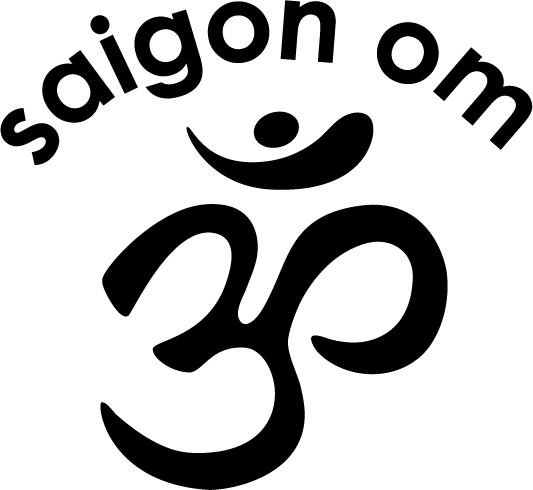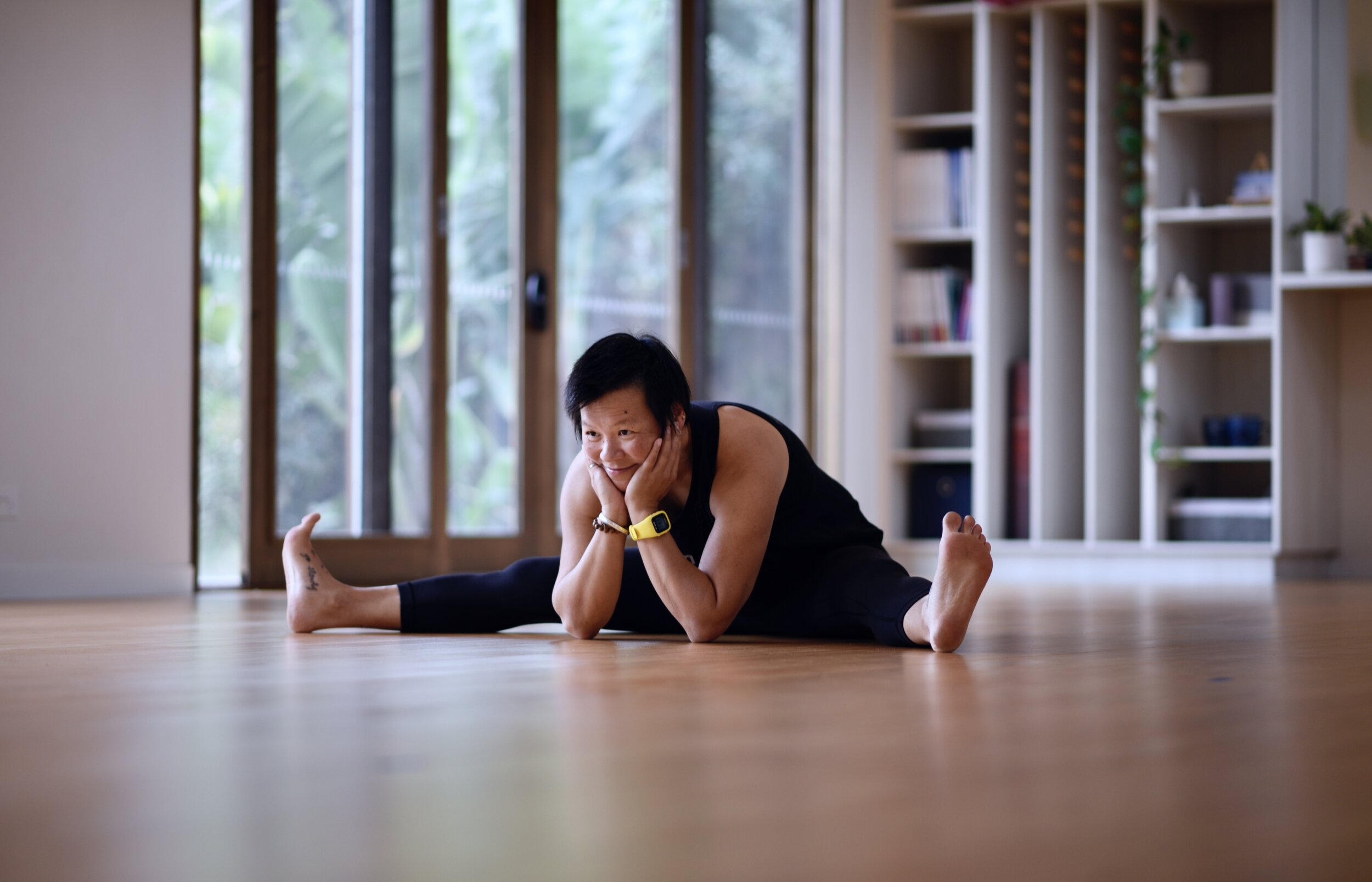50-Hour Yin Yoga Teacher Training
Yin yoga is much more than holding the poses for long periods, it's about revealing our true nature and understanding the energetic pathways of the body (meridians).
This 50-hour training held over two weekends is designed for yoga practitioners and current or aspiring yoga teachers to deepen their yin yoga practice and knowledge.
The training explores yin poses, anatomy and biomechanics, sequencing, safety, Traditional Chinese Medicine and meridian theory, pranayama, and mindfulness. You will be fully versed in the art of practicing and teaching yin yoga when you are finished the training.
Yin Yoga
Yin yoga is growing in popularity, largely in response to what has become a very “yang”-dominated yoga culture. People are discovering the benefits of a quieter, more still practice – not just in their physical bodies, but also in their nervous and energy systems.
The long-held postures of yin yoga provide a welcome contrast to the more modern Western world dynamic yang dominated practices. Yin creates the space to activate the parasympathetic nervous system (rest and digest) and the longer holds work to unwind the body’s deeper layers of fascia and joints.
Yin yoga encourages us to slow down and cultivates stillness to get to know ourselves, explores the philosophies of Traditional Chinese Medicine (TCM), the internal energetic pathways, known as meridians or nadis, that carry Qi/Prana or life force, and creates the conditions to release deeply held tension in the body and mind.
Who Is This Training For?
Yoga students who want to learn about yin yoga.
Yoga teachers who want to learn yin yoga to expand their scope of teaching.
Physical therapists, body workers, energy workers, Pilates and fitness instructors, stress management professionals, health counsellors, and other wellness practitioners.
We welcome all levels of experience.
Dates & Times
This training is held over two weekends. The session times are Saturday & Sunday at 9am-5pm.
Location
A light-filled yoga studio in Kingston East at KOPIFit, 812A John Marks Avenue, Kingston, Ontario, Canada.
What’s Included:
30 hours of in-person training.
10 hours of pre-recorded lessons.
10 hours of homework.
A 50-Hour Yin Yoga Teacher Training certificate certified by saigon om.
A comprehensive course manual provided on the first day of training.
Investment
The investment for this training is $1100
To save your spot, a deposit of $500 is required. The remaining amount is due 30 days before the training begins.
What You Will Learn:
THEORY & PRACTICE OF YIN YOGA
Background and lineage of yin yoga.
Yin yoga poses: learn the physical, mental and energetic benefits of each pose.
Modifications and safety aspects of practicing yin yoga.
How to use props to suit individual needs.
How to develop a nourishing home practice.
MINDFULNESS
An introduction to mindfulness.
How to bring mindfulness into the yin yoga practice and into everyday life.
Pranayama (breathing techniques) for relaxation and awakening the energy body.
TEACHING YIN YOGA
Teaching styles and methodologies in yin yoga.
Safe modifications and variations for students with physical limitations, injuries and pregnancy.
The art of creative sequencing.
How to bring inspiring and meaningful themes into your yin yoga classes.
FUNTIONAL ANATOMY
Anatomy & biomechanics of yin yoga in practical and easy to understand methods.
The differences between muscular tension (muscle tightness) and skeletal compression (bone on bone).
The importance of understanding the differences between tension and compression in your own practice and in teaching students.
Tom Myers’ Anatomy Trains and the benefits of deep myofascial release.
Fascia research and its function and qualities relevant to yin yoga.
The nature of fascia and the location of the 12 myofascial lines. Compare how these trains correspond to both the meridian system in Traditional Chinese Medicine as well as the Chakra system of traditional yoga.
TRADITIONAL CHINESE MEDICINE
Yin/Yang theory: Taoist theory and the principles of yin and yang and how they are applied to yoga.
Explore the differences between a Yin and Yang practice and the importance of balancing Yin/Yang.
The concept and importance of Chi/Qi (life force energy).
Energetic anatomy: chakras & meridian theory and how they apply to yin yoga.
Organ Meridian Theory – Learn the physical, mental and emotional qualities of the twelve main organ meridians.
How to create sequences based on meridian energy channels.
The fundamentals of Traditional Chinese Medicine (TCM) and how it relates to yin yoga.
How the Traditional Chinese Medicine approach to yin yoga can bring balance and wellbeing.
“Aren't yin yoga & restorative yoga the same?”
This is a question we are asked often and the simple answer is no. So what is the difference between Yin Yoga & Restorative Yoga?














